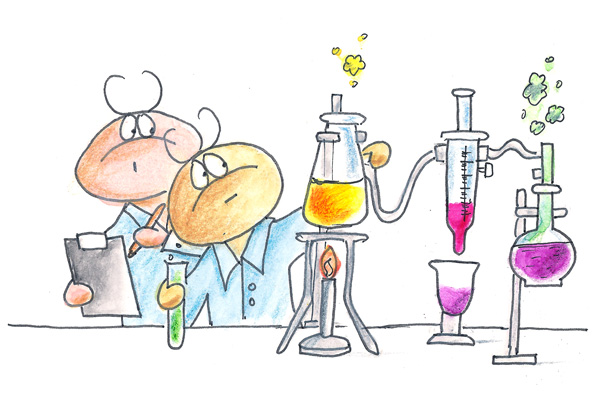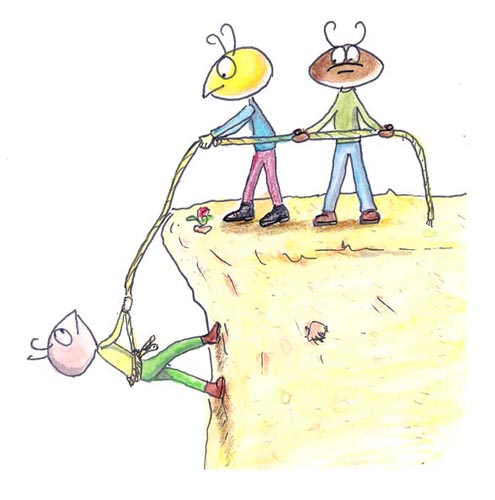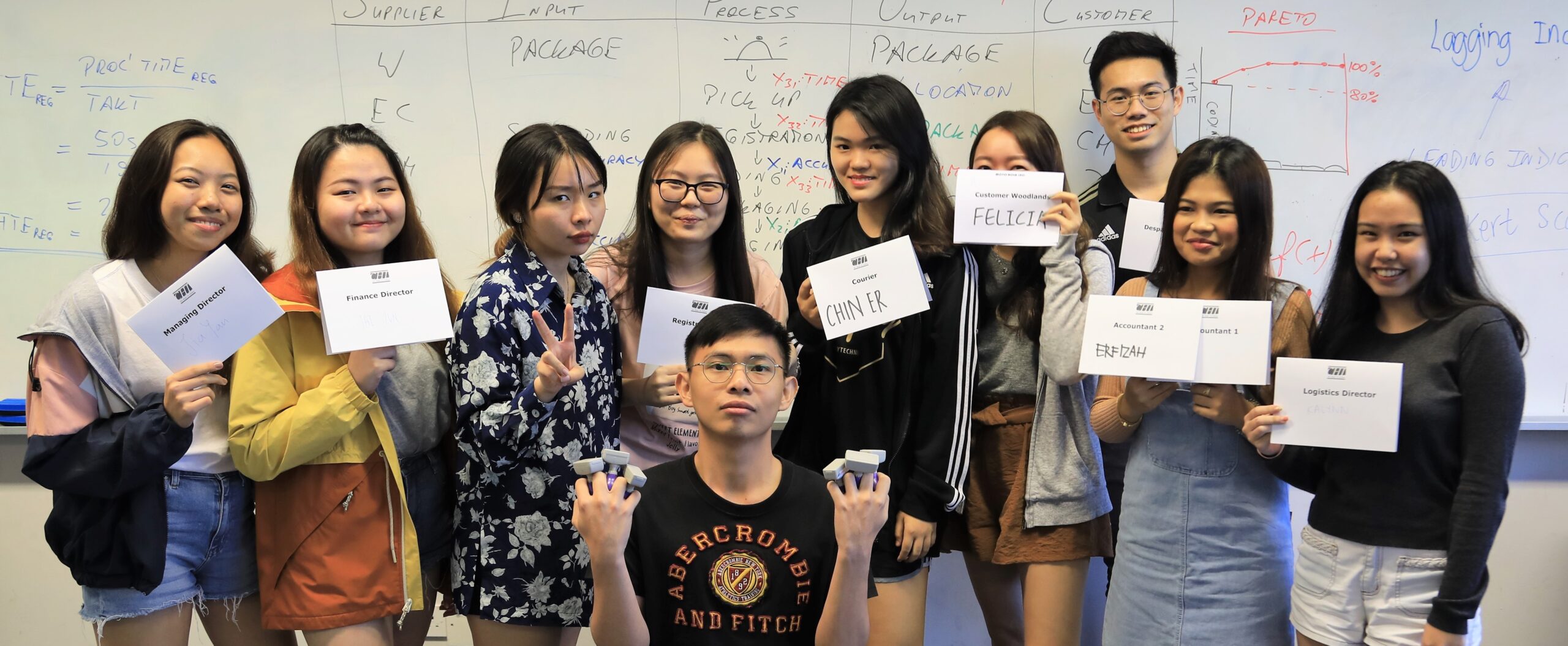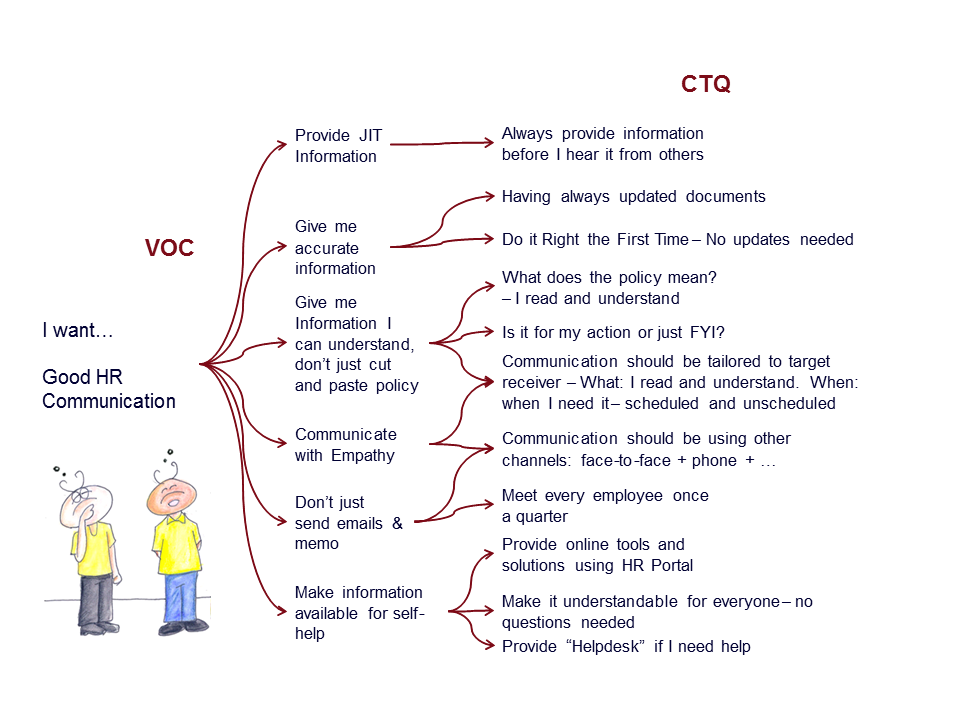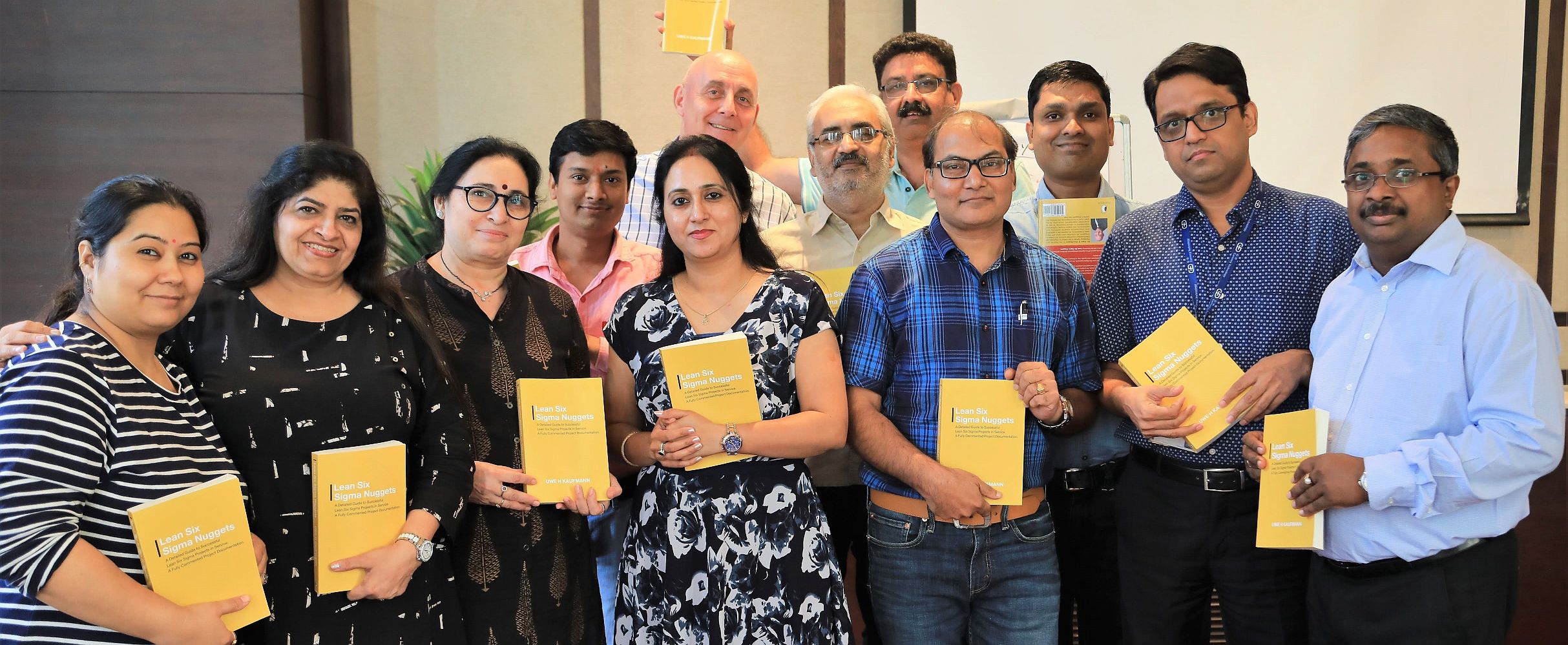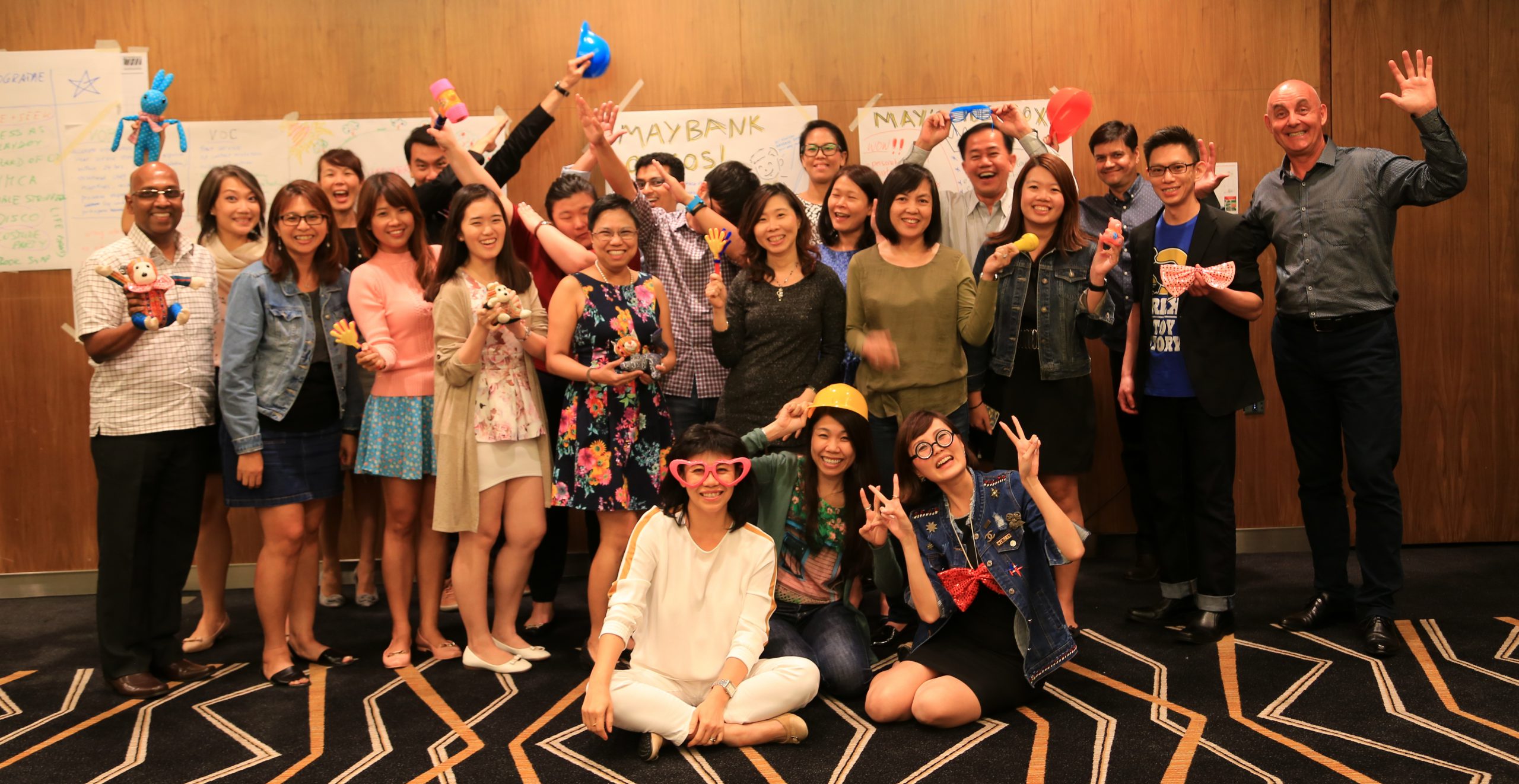
It Starts with Hiring the Right Attitude
About Competency-Based Interviewing
“Tell me about an occasion when you introduced an idea to do the work in a different way. Can you elaborate, please?” is often the opening question during our competency-based interviews asking for Creative Problem Solving skills and drive of the candidates.
That is the definition of innovation.
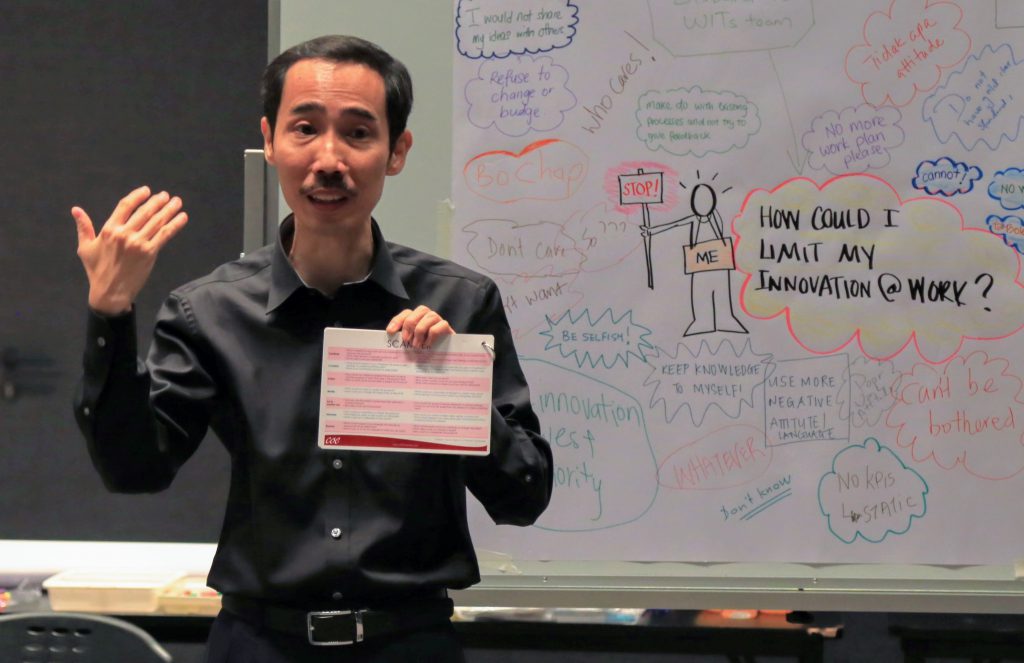
Not Everyone With The Knowledge and Skills is Suitable
Competency-Based Interviewing Helps Avoiding Wrong Fits.
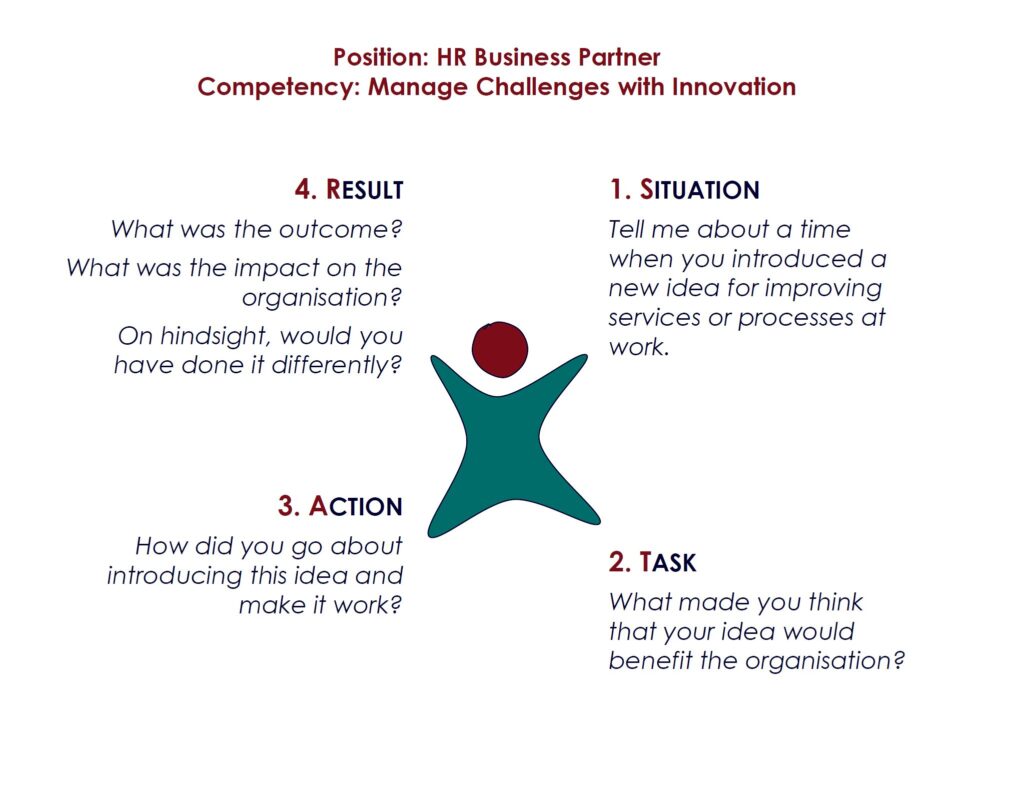
- come up with a creative idea, but also to
- champion it, i.e. to “sell” the idea to stakeholders and to
- drive the implementation.
Competency-Based Interviewing Helps Spot Potential
Finding the Right Attitude is Often More Important Than Knowledge and Skills.
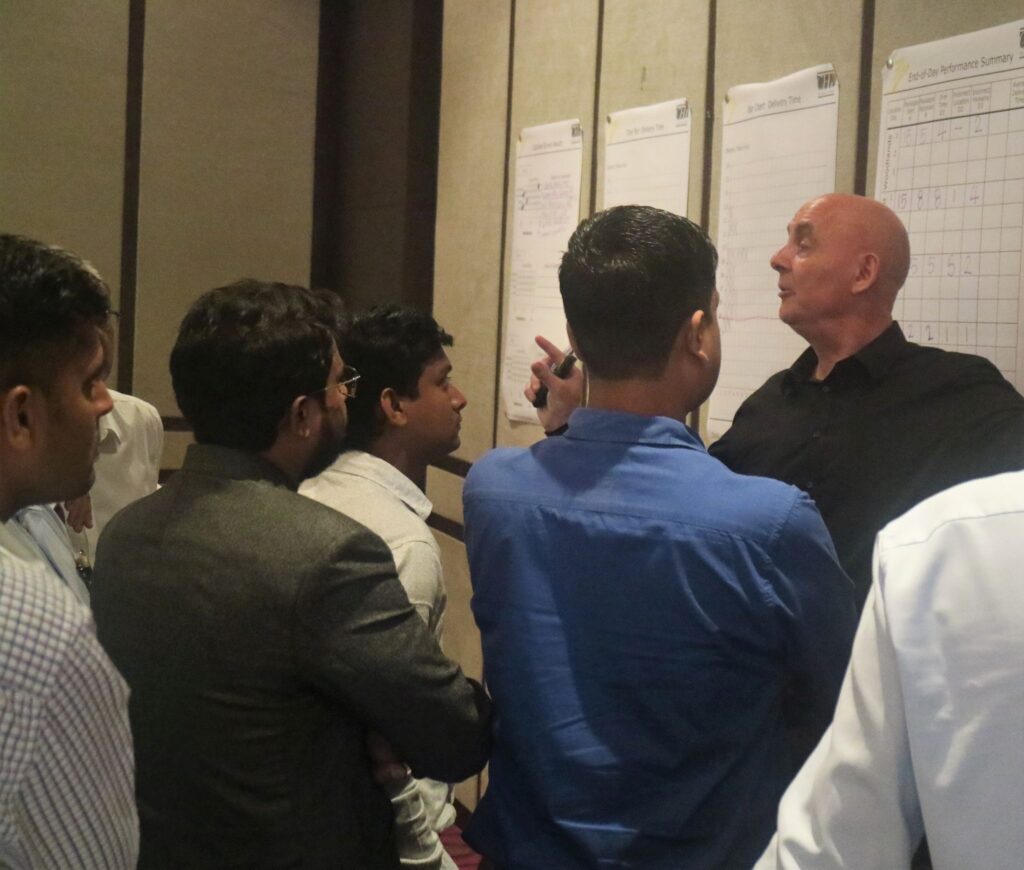
Conclusion
Competency-Based Interviewing Helps Evaluating Suitability of Eligible Candidates.
Remember, checking potential hires for education, knowledge and skills is the easy part. It is much more challenging to evaluate someone’s attitude and mindset during an interview. It needs the definition of the essential competencies for the role and their translation in behaviours you expect to see. Moulding these behaviours into questions is the straightforward task.
Having these enables you for Finding the Right Star. Competency-Based Interviewing will help.
And, is the need for Innovative Work Behaviour part of everyone’s job description? Why not?
- All Posts
- Competency

